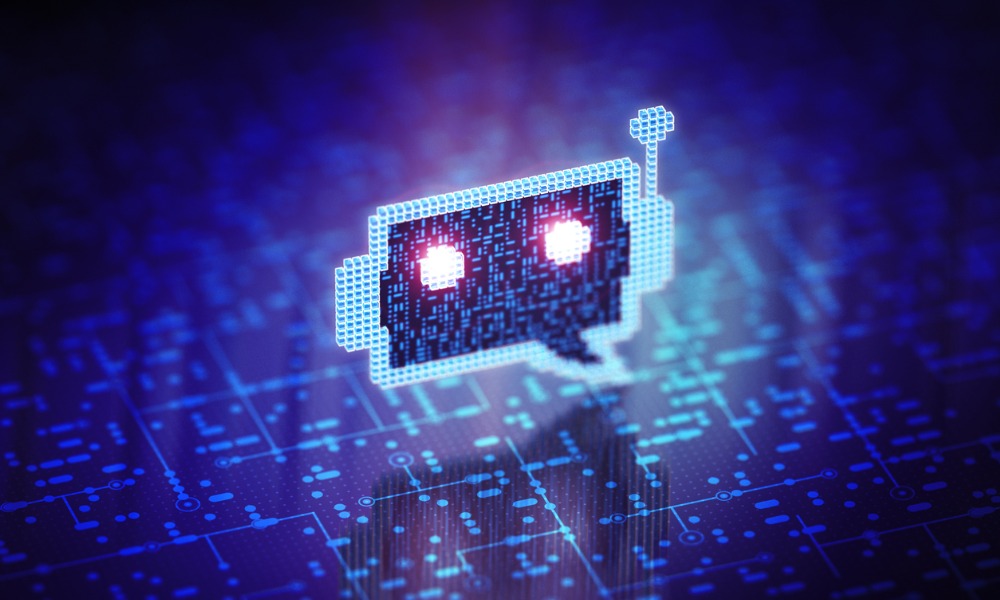
HR thought leader Josh Bersin on ChatGPT and AI in HR

Josh Bersin, renowned global HR industry analyst and founder of The Josh Bersin Company, has built a business around being on the forefront of HR trends. He’s spent two decades leading research on all aspects of the HR landscape, including the adoption of technology.
As ChatGPT is emerging as one of the most highly utilized AI tools, HRD Talk sat down with him to gain some insights into how HR should be best implementing this new technology into its processes.
A first benefit is purely the speed with which ChatGPT can scour the internet, making researching for HR much faster. But the uses go much further than that.
“Many of the things we do in training, in recruiting, in employee communications, in benefits administration, has to do with communicating and sending information to employees in a way that they understand it. This is a great writing tool. It's a great way to summarize information that's complex, make it easier to communicate,” Bersin said. “You don't have to start from scratch.”
Bersin also pointed out that processes such as writing onboarding guides and compliance documentation can be automated with AI, as well as turning existing company documentation into training material.
“You can summarize it in just a few minutes and get that information into the form of a narrative, or something to read or something to listen to. So that's a huge value add.”
Large language models (LLMs) has the potential to make big waves in the way HR manages a workforce, Bersin said. Skills seeking, candidate assessment, promotion – all ChatGPT-based functions that will be incorporated into HR departments and, when used efficiently, can transform processes.
“That is going to transform many, many other things in HR, how we decide who to hire, how we decide who promote, what skills are missing in our company versus peers, who has skills adjacencies and can be easily retrained into new roles, and so forth. I just think this is spectacular technology,” he said.
Bersin doesn’t see “any big risks”, he said, other than the fact that some employees, when using ChatGPT, may gather incorrect information from the public internet. But this can be mitigated by training and ensuring that processes and data mining are conducted in-house so there is more control over the content.
“But generally speaking, it is just a magnificent tool set for a whole bunch of things in HR,” he said.
Bersin shared that compared to when he started working in HR over twenty years ago, HR departments can not function optimally without using technology – and keeping up to date with it. Pointing to payroll software, virtual meetings, and employee education as examples of how technology has become integral to HR, he continued that AI is the next step in that progression, and a crucial one.
“Everything in HR is technology-fueled now, everything in business is really, and the rate of change and innovation of technology is accelerated because of the pandemic,” he explained. “The technology way surpassed everybody's expectations in the human side of business, so unfortunately, you have to really make sure your IT folks are working closely with you to evaluate these hundreds and hundreds of things that are coming at you all the time.”
Lastly, on the question of bias in AI hiring processes, Bersin isn’t fazed. There has always been bias in hiring, he said, except it was the humans who were biased, not any software. Also as digital hiring technology evolves from its beginning around ten years ago, the programming is getting better and laws are catching up.
“You know how hard it is to really get to know somebody, and what they're going to be able to do, in a 15, 20, 30-minute interview, it's very, very, very hard,” he said. “So we've been using bias as humans for a long, long time. I think these data-driven tools are a big plus, as long as we get past these inbred bias issues that engineers can basically design the systems not to do.”